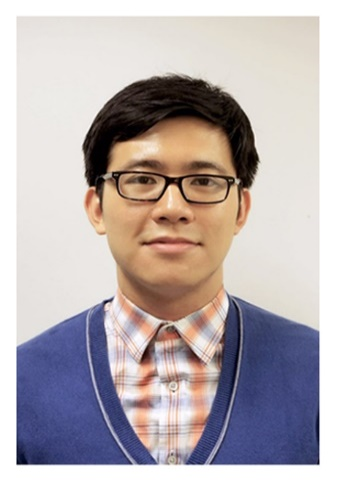Oregon CAS/EPS & SMTA Oregon - Micro-Supercapacitors & Stretchable Conductors for Wearable Electronic
IEEE Oregon Joint EPS (CPMT)/CAS Chapter
(in cooperation with SMTA, IMAPS, IPC & EMA)
Topic: Micro-Supercapacitors & Stretchable Conductors for Wearable Electronic
Speaker: Dr. Bo Song, HP Inc., Corvallis OR
Date: Thursday, January 31st, 2019, 6.00–8.00pm
Location: PCC Willow Creek Center, Room 313
241 SW Edgeway Drive (near SW 185th and Baseline Road) Beaverton, OR 97006
(seminar room sponsored by the PSU ECE department)
Directions: http://www.pcc.edu/about/locations/willow-creek/
Date and Time
Location
Hosts
Registration
-
 Add Event to Calendar
Add Event to Calendar
- 241 SW Edgeway Drive
- Beaverton, Oregon
- United States 97006
- Building: PCC Willow Creek Center
- Room Number: 313
- Click here for Map
- Contact Event Host
-
Jim Morris
- Co-sponsored by SMTA, IMAPS & EMA
- Starts 16 January 2019 06:10 PM UTC
- Ends 31 January 2019 08:00 PM UTC
- No Admission Charge
- Menu: pizza
Speakers
 Bo Song of HP, Inc.
Bo Song of HP, Inc.
Micro-Supercapacitors & Stretchable Conductors for Wearable Electronics
The rapid growth of wearable electronics has driven the demand for new material solution in electronic packaging. Highly stretchable and electrically conductive composites (SECCs) can be of great use as stretchable conductors in wearable devices. Recently, the reduction in package size and increase in device functionalities have posed more stringent yet challenging requirements for SECCs, including the capability to achieve ultra-low resistivity (~10-5 Ω·cm), provide distinctive electrical signals under strains, perform good reliability, and show compatibility with printing technologies to make high resolution patterns. In this work, novel SECC materials consisting of modified elastomers and various forms of silver structures have been developed to deliver high stretchability, conductivity, and printability with fine feature size. The design of 3D silver dendrite structures will be introduced and the filler/polymer interfacial interactions will be discussed. The formulated SECC have been successfully applied in prototypes of 3D RF antenna and wearable hand gesture sensor.
To ensure the functionality and reliability of wearable electronic devices, highly efficient and biocompatible power sources are needed to provide instant energy. Recently, micro-supercapacitors (MSCs), as a 2D interdigitally patterned supercapacitor, have been developed as a promising microscale energy storage device. MSCs have the capability to outperform batteries and conventional supercapacitors with much higher power densities and faster frequency response. However, the energy densities are still far below microbatteries, and the current fabrication processes involving high temperature steps are not compatible with flexible substrates and not cost-effective for large-scale production. Here, miniaturized, flexible and solid-state micro-supercapacitors with high energy densities and fast frequency response have been developed. New materials and fabrication methodologies have been applied to pattern the thin film electrodes. The fabricated MSC exhibited superior electrochemical characteristics with excellent cycling stability and flexibility. Miura folding algorithm has also been employed to design foldable MSC arrays to further improve areal capacitance and energy densities.
Biography:
Dr. Bo Song is currently a MEMS R&D Packaging engineer at HP Inc in Corvallis, OR. He received his BS degree in chemistry from Binghamton University, State University of New York in 2013. Then he joined Professor CP Wong’s group in Georgia Tech working on materials development and microfabrication processes for energy storage and electronic packaging. He recently received his PhD degree in chemistry in May 2018. His research areas include electrically conductive adhesives, epoxy molding compounds, nanomaterials, energy storage devices, and flexible electronics.
Address:Corvallis, Oregon, United States
Agenda
6:00pm Refreshments and social
6:30pm Presentation
7:30pm Questions and Discussion
8:00pm End
